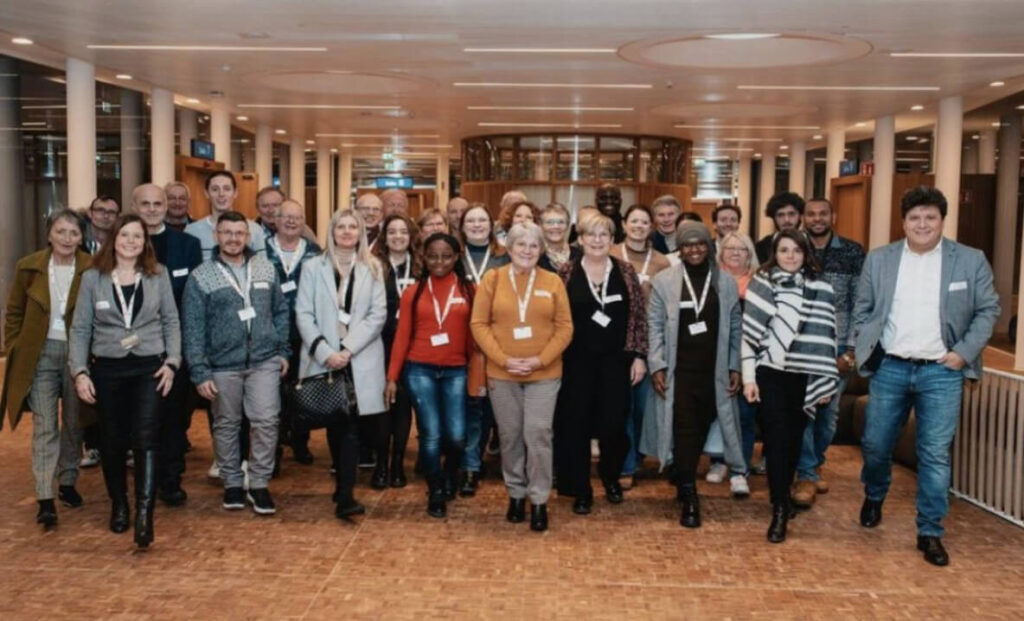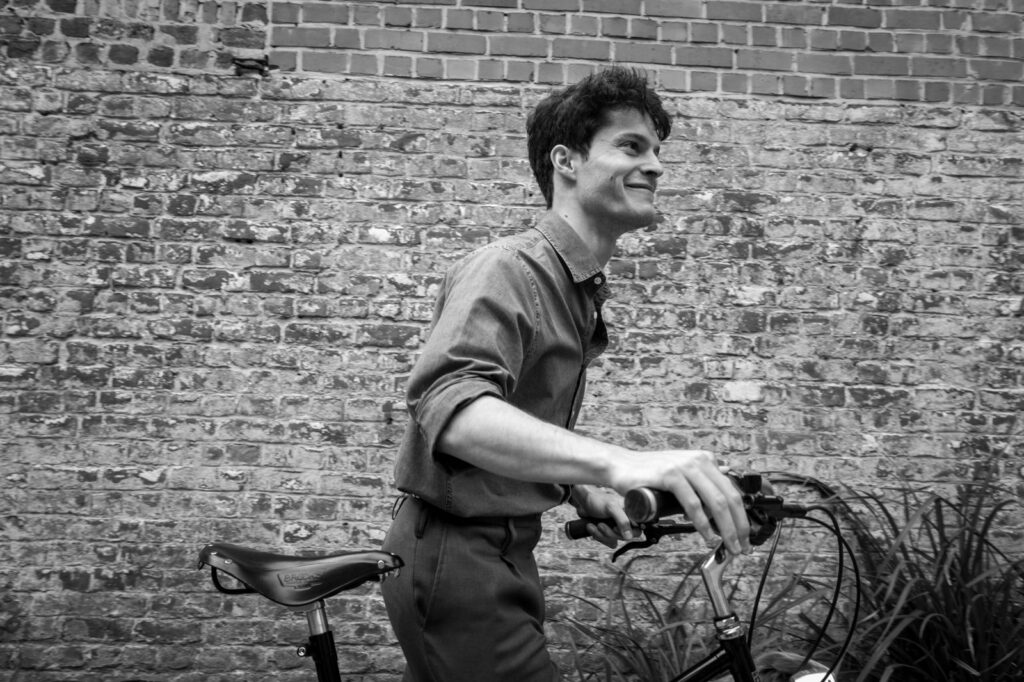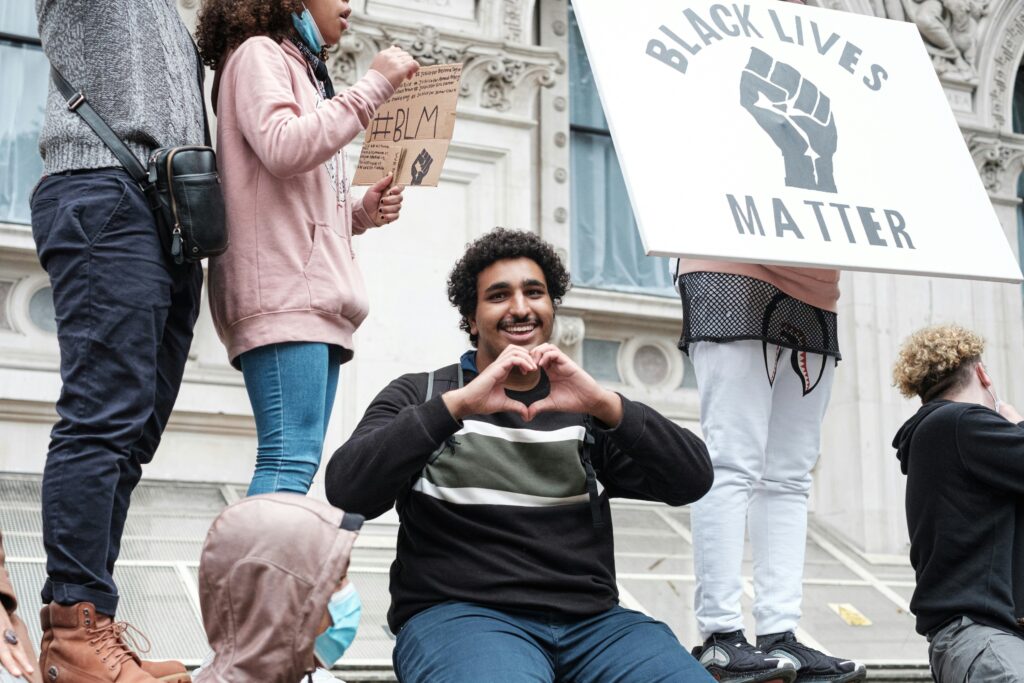Participants were invited to position themselves from right to left to express their agreement or disagreement with the following statement: “Participation initiatives should let citizens deliberate amongst themselves, without elected representatives!” The pro and con camps are fairly evenly balanced, with arguments flying from both sides:
| In agreement: |
|
- Elected representatives can dominate discussions.
- Distrust of elected representatives, who have a negative view of citizens’ ability to get involved in decision-making.
- Citizens can restrict what they say to elected representatives.
|
|
Disagreeing:
|
- Elected representatives have the legitimacy of election, their opinion counts and must be taken into account.
- If elected representatives only receive the recommendations at the end of the process, they cannot fully understand them.
- Elected representatives can provide the political and technical context that can make proposals more robust.
|
A group of participants remained in the middle, adding the following nuance:
- There may be times with and without elected representatives to balance the exchanges.
- It is important to clarify the roles of each party, elected representatives and citizens.
- Give citizens time to prepare ahead of discussions with elected representatives.
After this shifting debate, a little context is shared. The real impact of participation is being questioned everywhere. The risk is that participation may end up being discredited as a possible tool for democratic renewal. In the face of this, mixed participation schemes offer an interesting response: what if elected representatives were to take part directly in drawing up proposals with citizens to make it easier for them to take ownership?
These mixed systems are currently a minority model, but one that is gaining ground among the possible forms of participation:
- 2013: First Constitutional Convention, Ireland
- 2015 : Political task committees, Gentofte, Denmark
- 2016: Municipality of Korsholm, Finland
- 2019: Deliberative committees, Belgium
- 2023 : City of Poitiers, France
- 2023: Hallo Bundestag, Germany
However, one doubt emerges: the majority of mini-publics exclude elected representatives from the discussions in order to protect themselves from their influence and to guarantee the freedom of the discussions. There is a fear that the elected representatives will dominate the discussions and that the proposals will be much more their own doing.
- The level of acceptance of the recommendations was significantly higher among elected representatives who took part in the discussions.
- We can rebalance the roles of elected representatives and citizens: deliberation time without elected representatives, more than for other mini-publics, a need for small groups and active facilitation.
- The ex-ante/ex-post questionnaire administered by academics shows that the scheme has brought elected representatives and citizens closer together.
- Partisan divisions can a priori be detrimental to the quality of deliberations. This is particularly apparent when it comes to voting on recommendations. However, these effects can be reduced by proposing a secret ballot for elected representatives (who are therefore less subject to the pressure of group discipline), as practised by the first Irish Constitutional Convention.
- On the contrary, party affiliation can enhance the quality of deliberation by helping to take better account of contradictory arguments on a given subject. On this subject, see Bernard Manin, “Comment promouvoir la délibération démocratique? Priorité du débat contradictoire sur la discussion”. Deliberative committees implement this principle by inviting each political group to present its position on the issue under discussion, with equal speaking time.
- When the recommendations are finalised, elected representatives are invited to express any reservations they may have, with the aim of finding compromises with citizens, rather than risking the proposals being unravelled afterwards, as we saw, for example, following the Citizens’ Climate Convention.
- Although only a small proportion of the population is actually drawn by lot into a system, almost all Members of Parliament take part in the deliberative committees. This has been the case in the Brussels Parliament, for example, where virtually all MEPs have been exposed to this way of legislating. We can reasonably hope that this will help to deconstruct prejudices about participation, and that it will help to spread a culture of deliberation within representative institutions.
Faced with the limits of each system, innovation and adaptation are essential. Diversity, permanence, variety of formats: our concern at Dreamocracy is to develop forms of collaboration that deeply enrich the participation of citizens in the life of their community.





